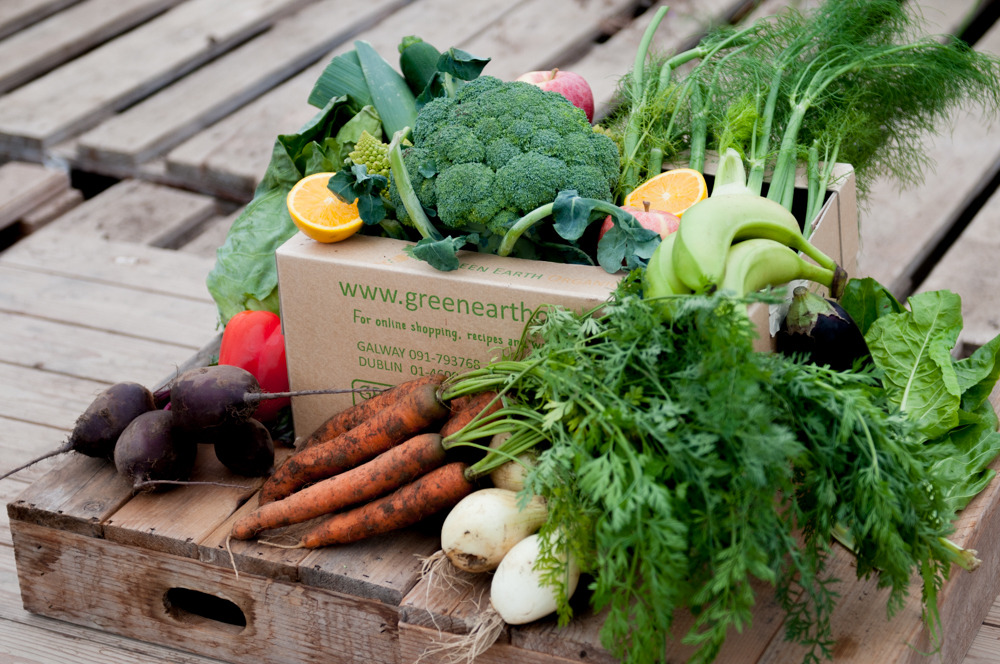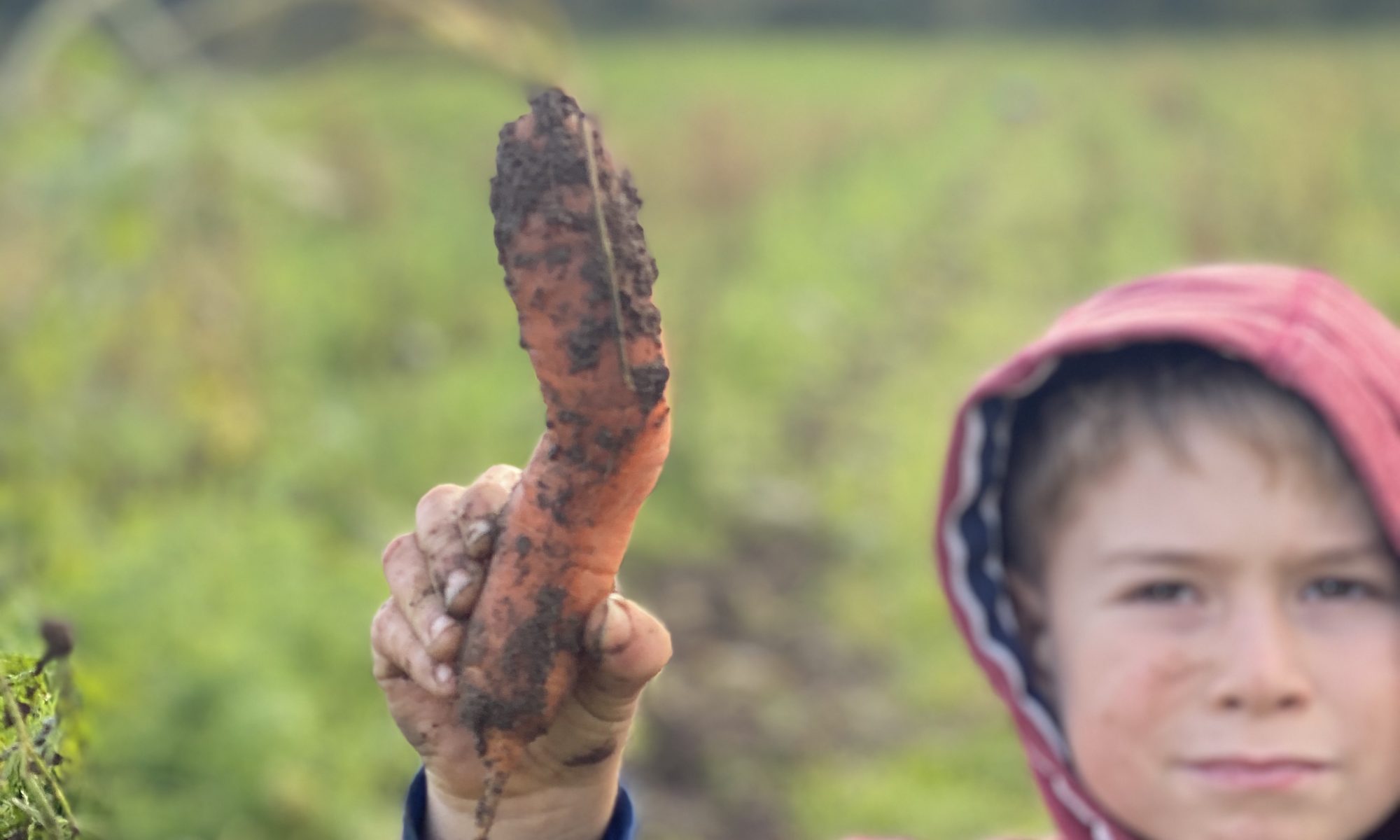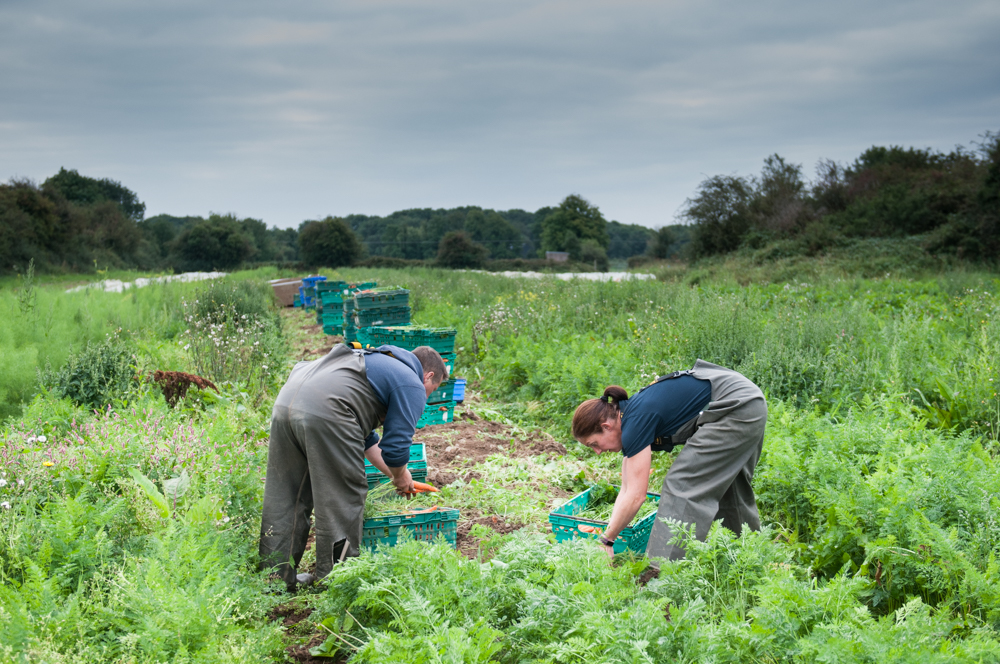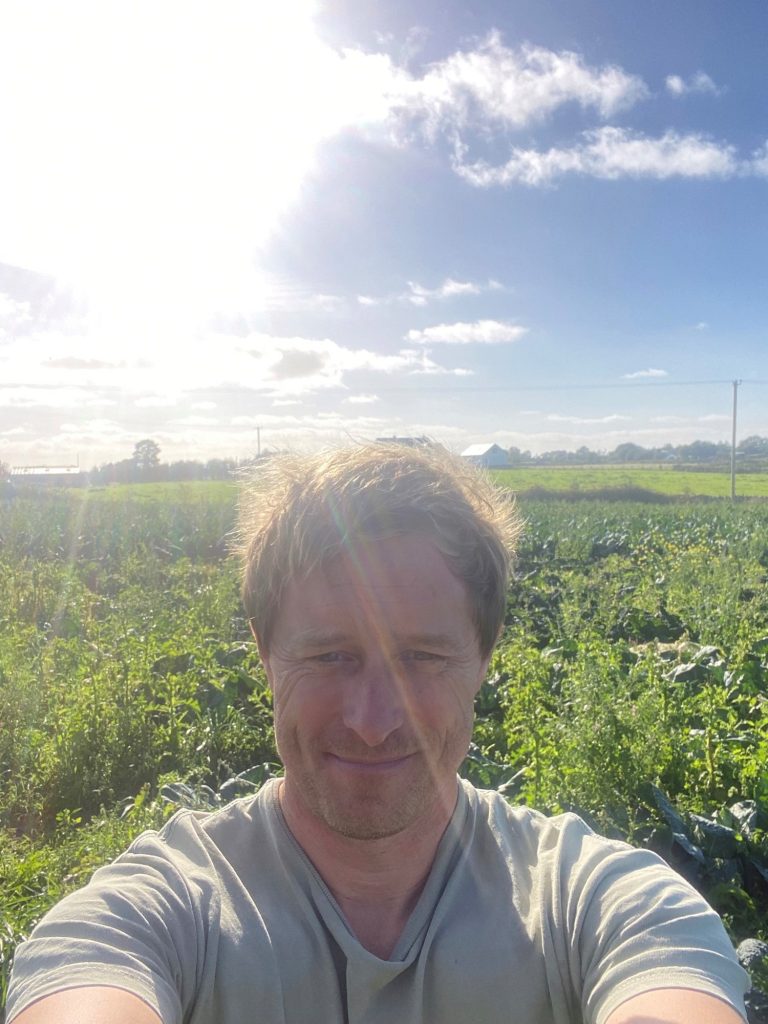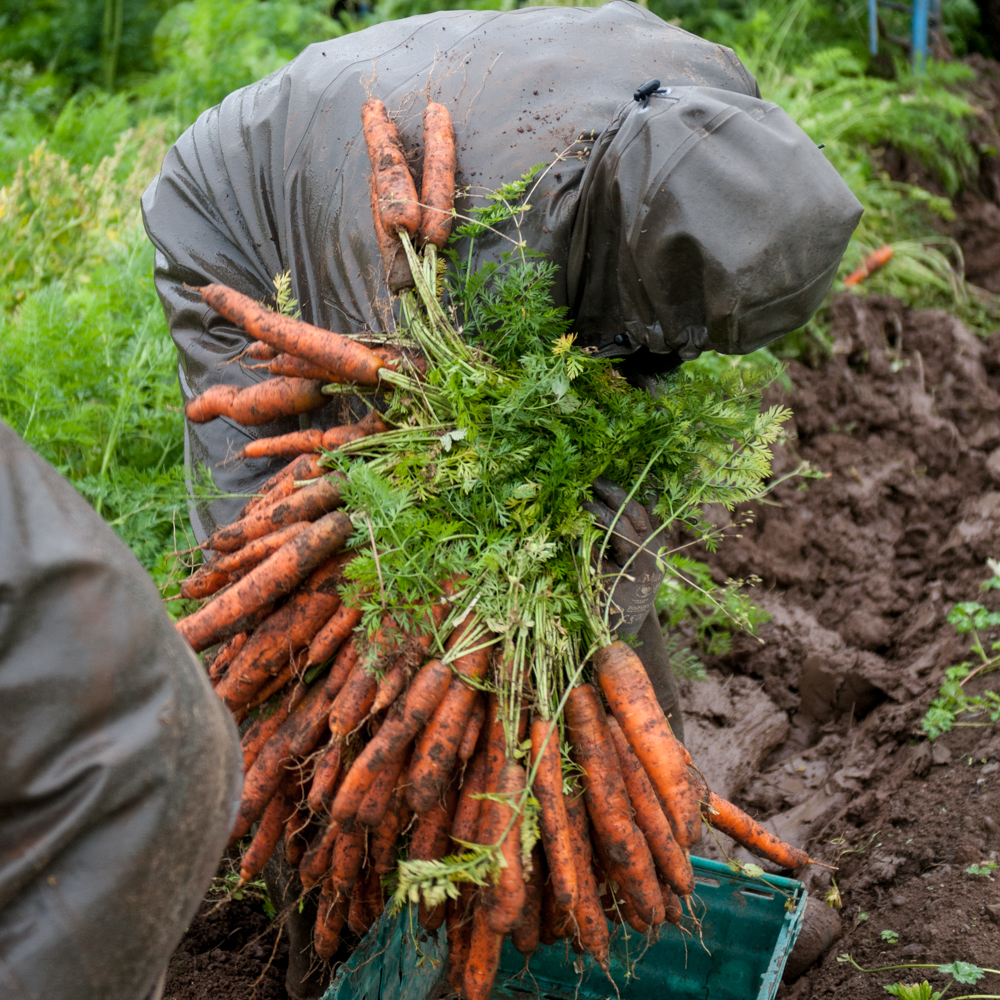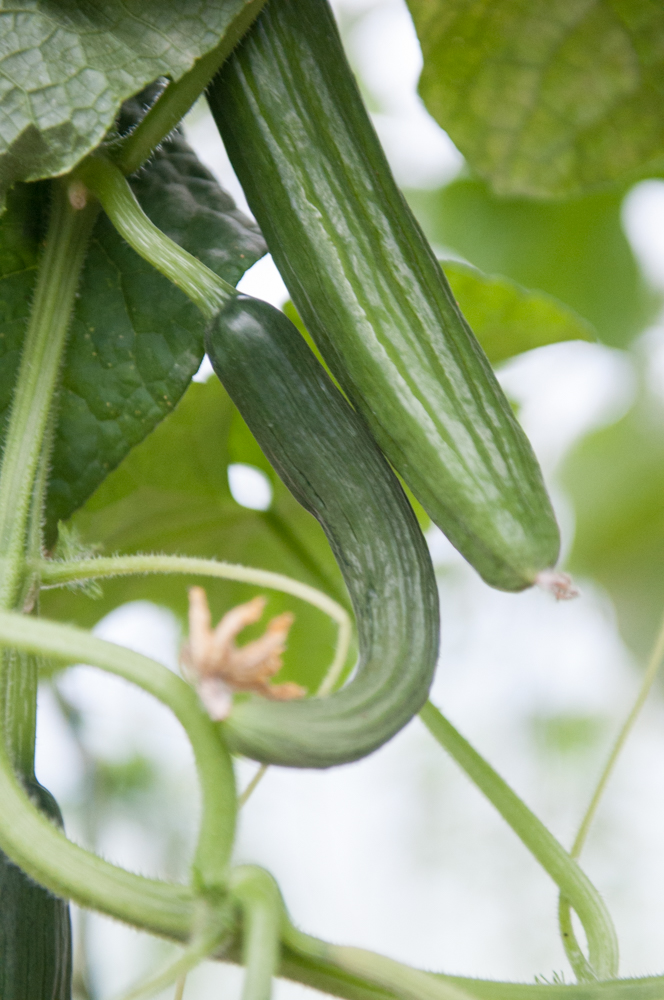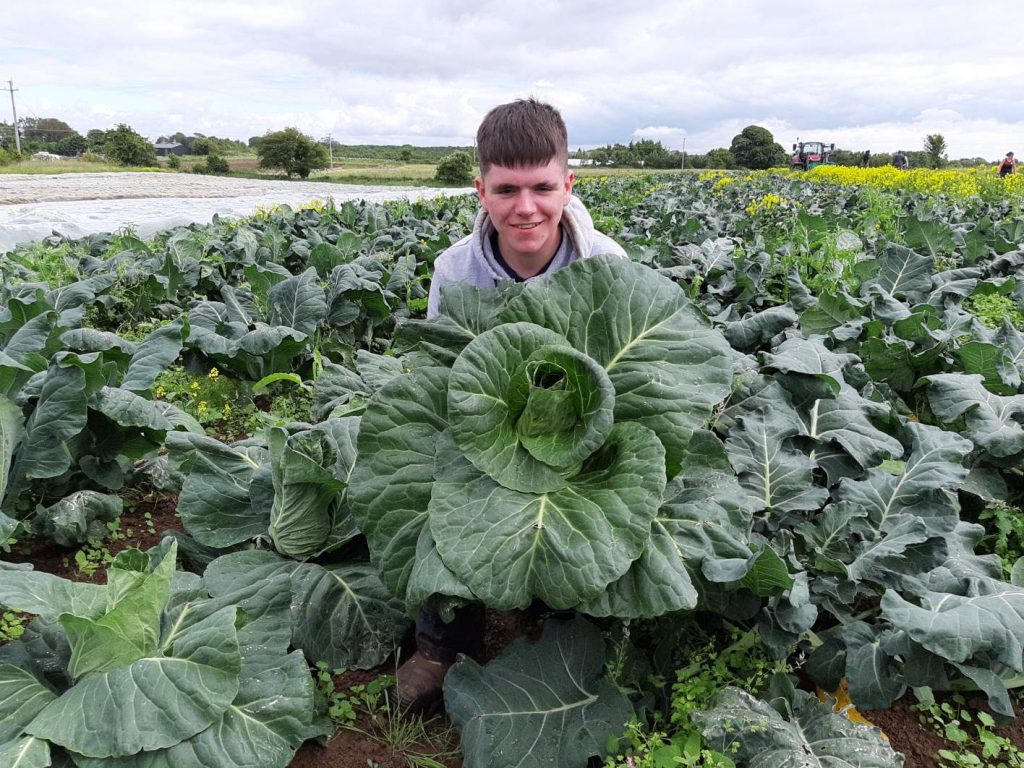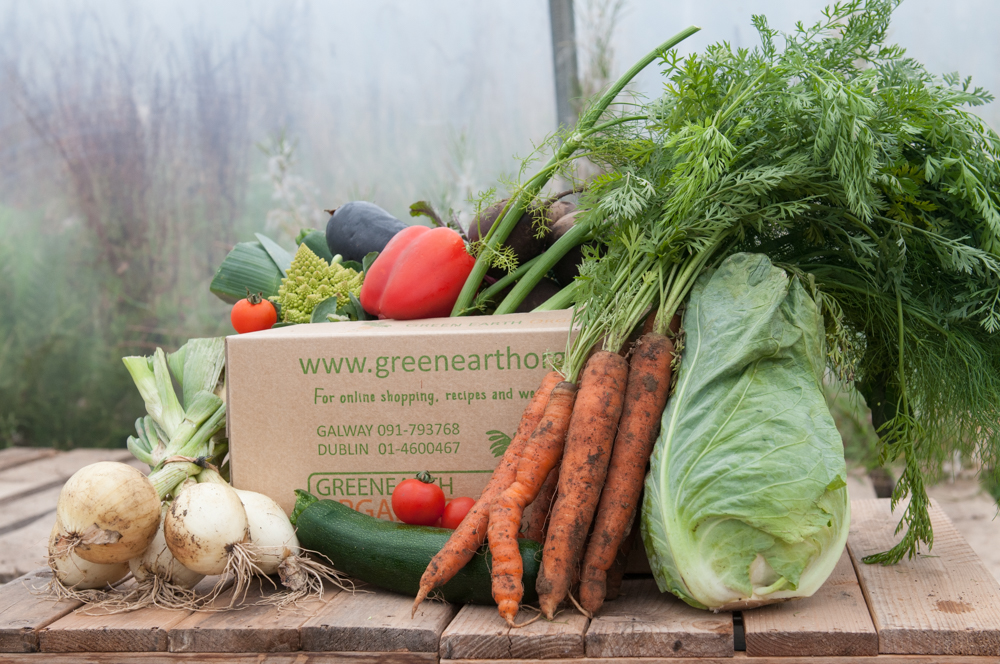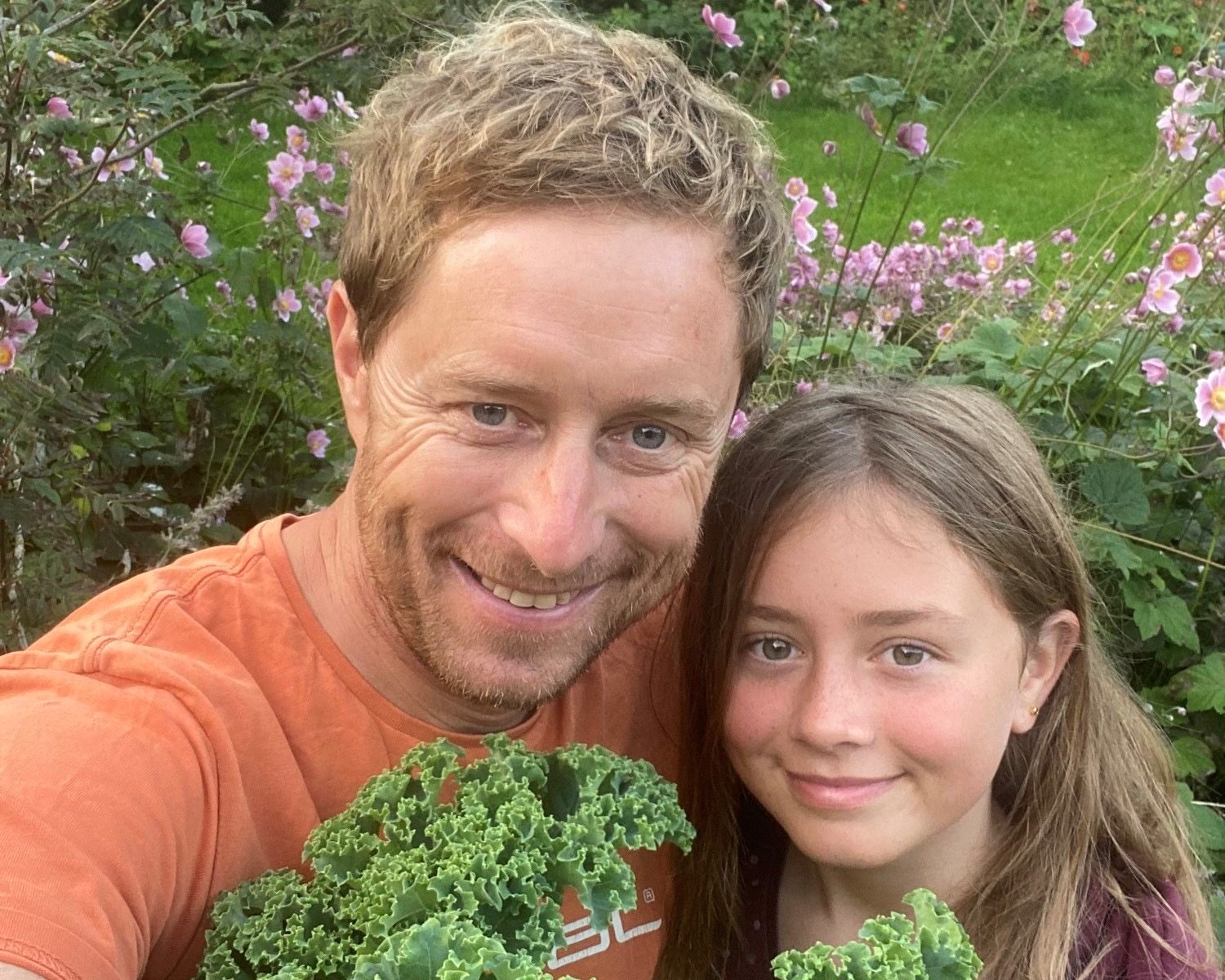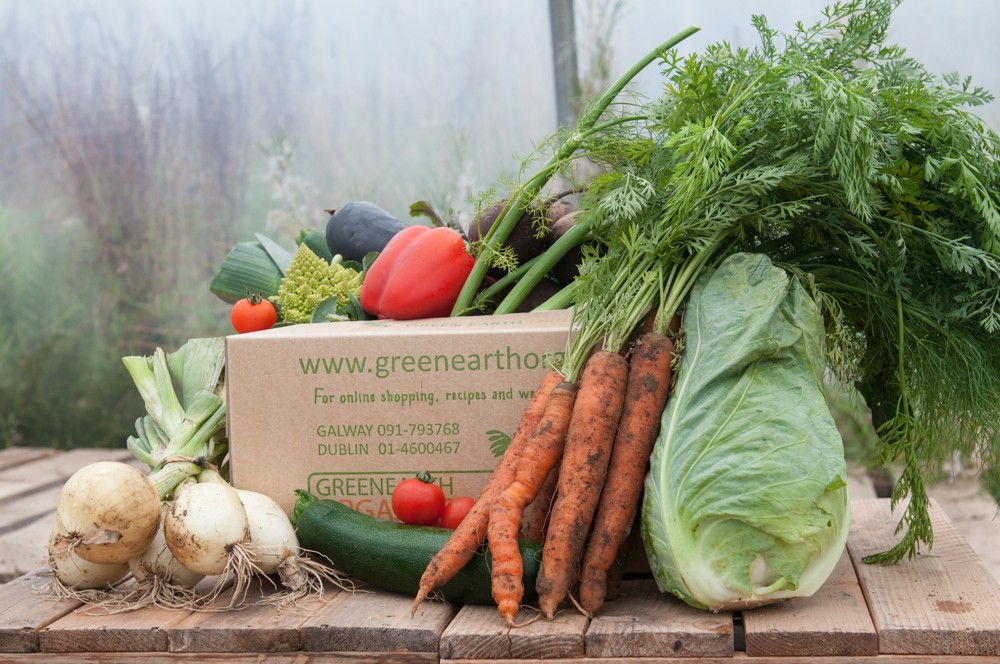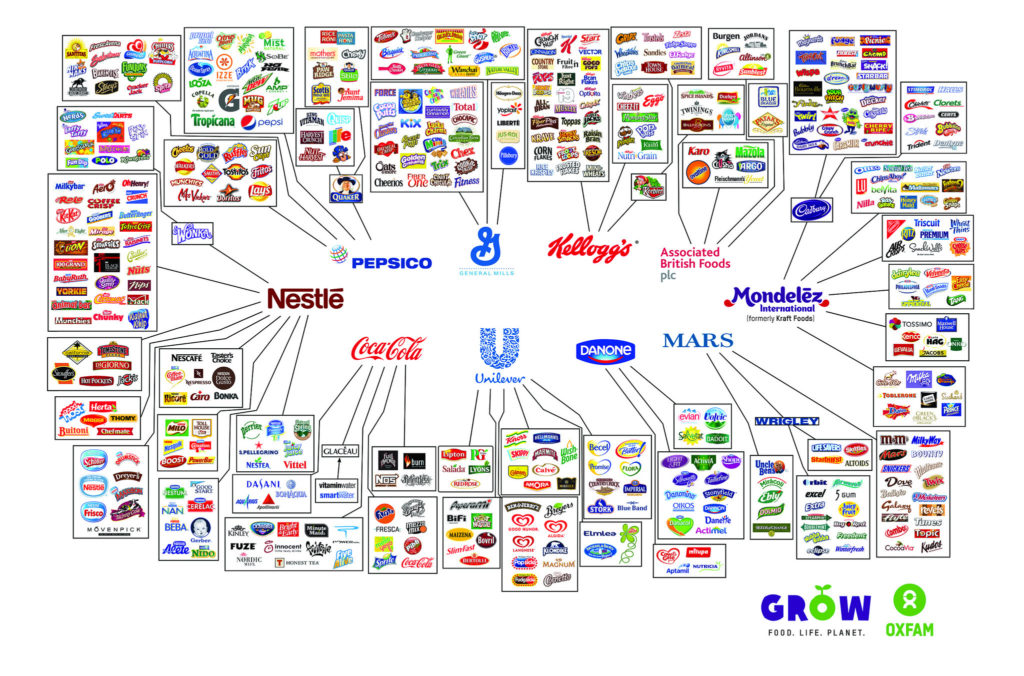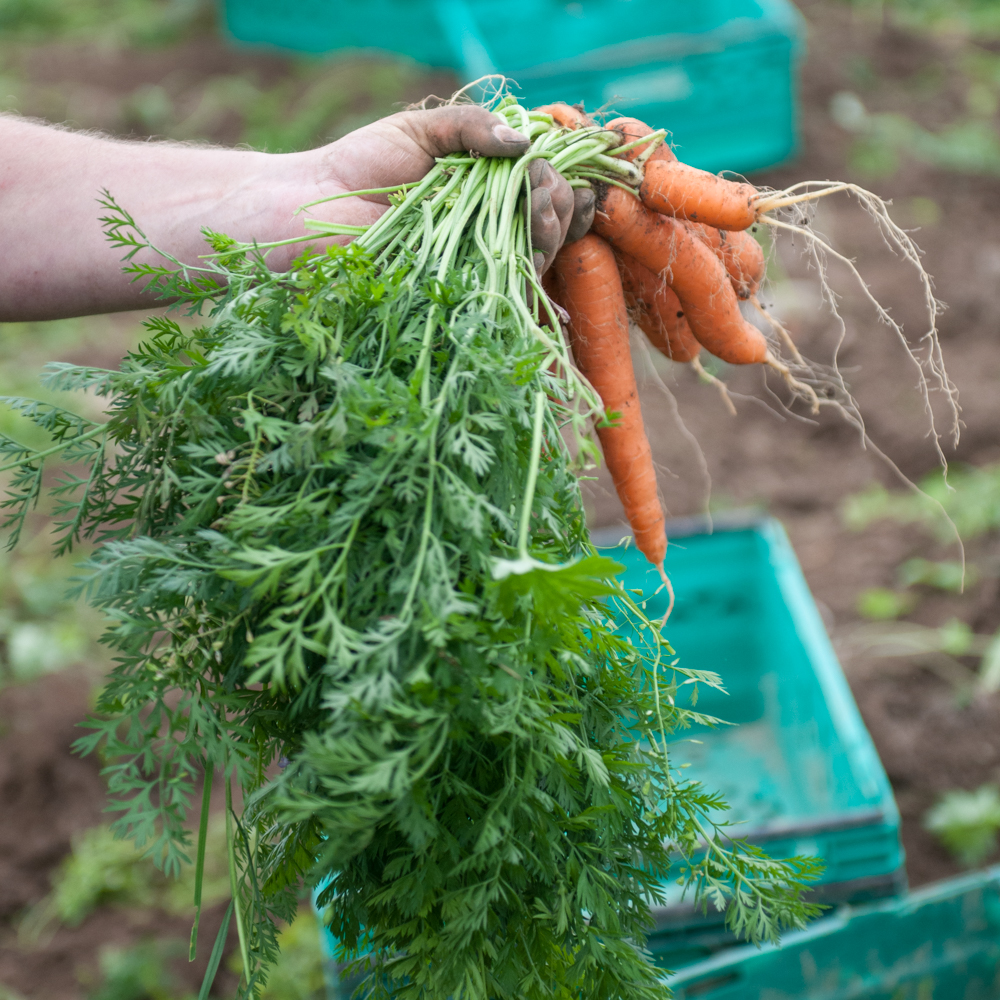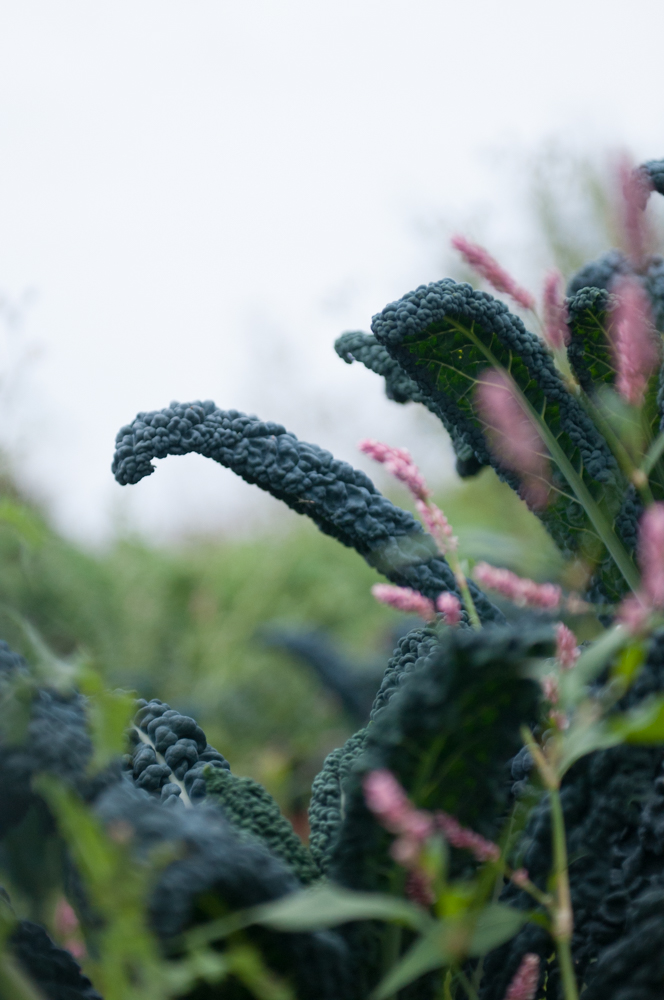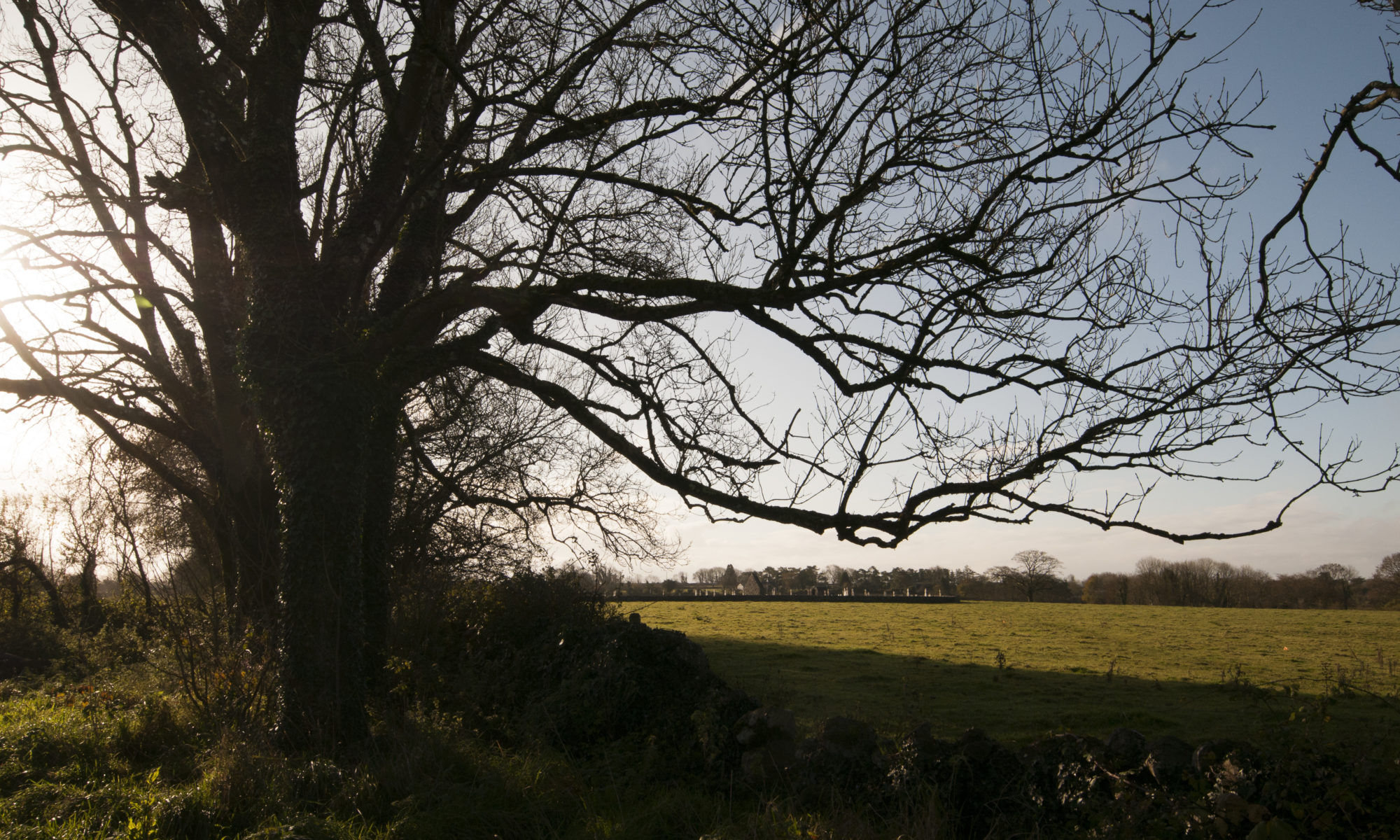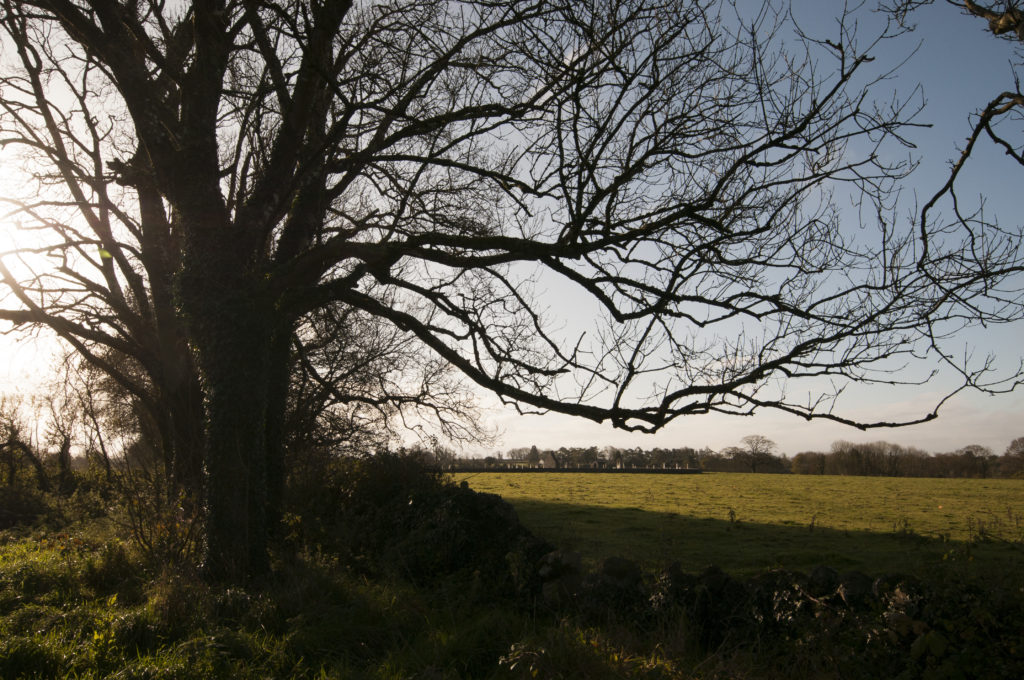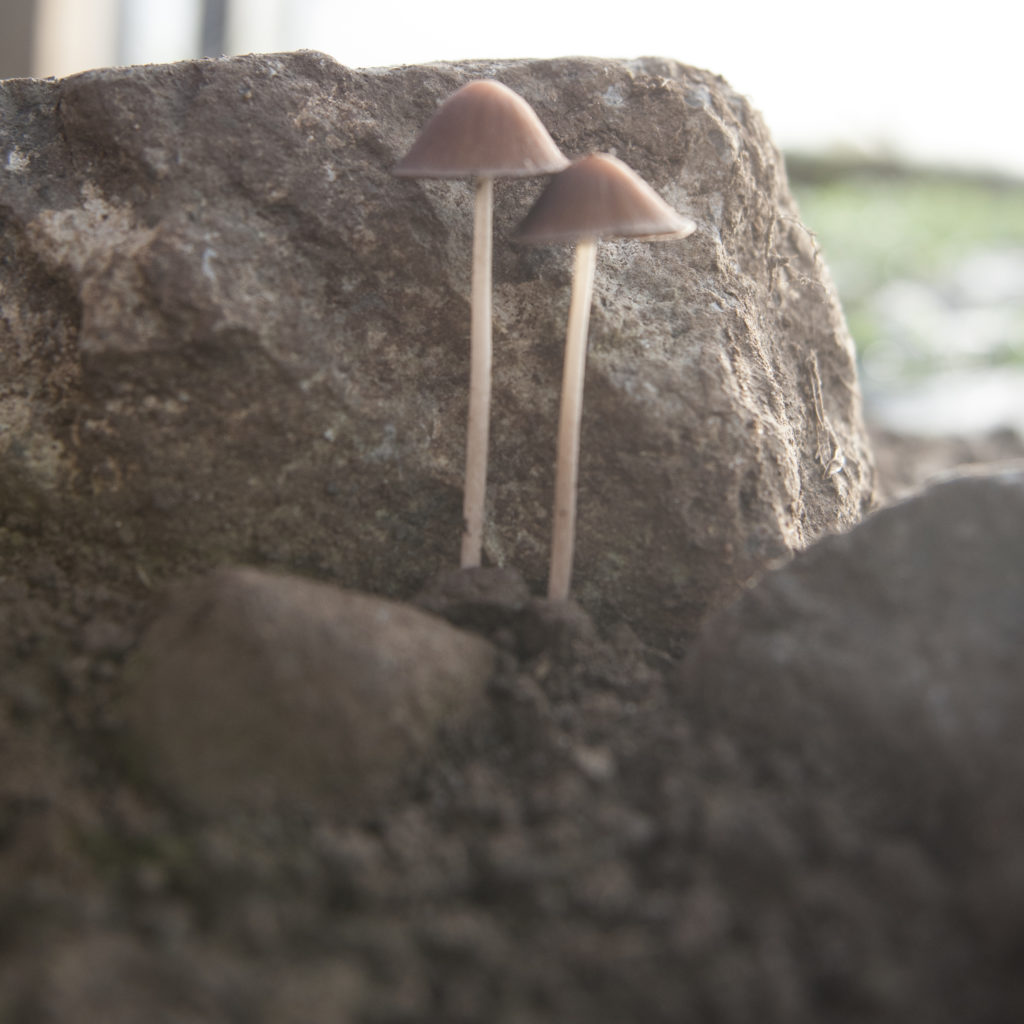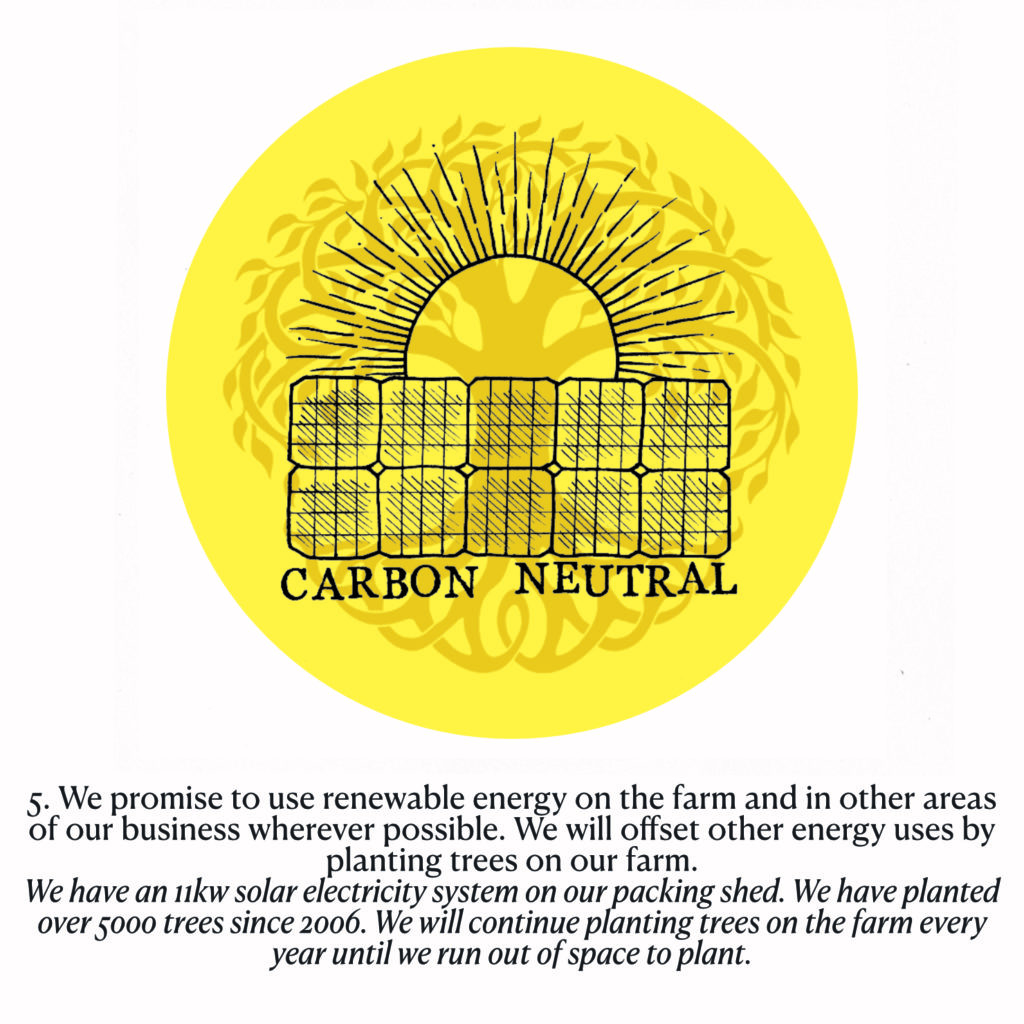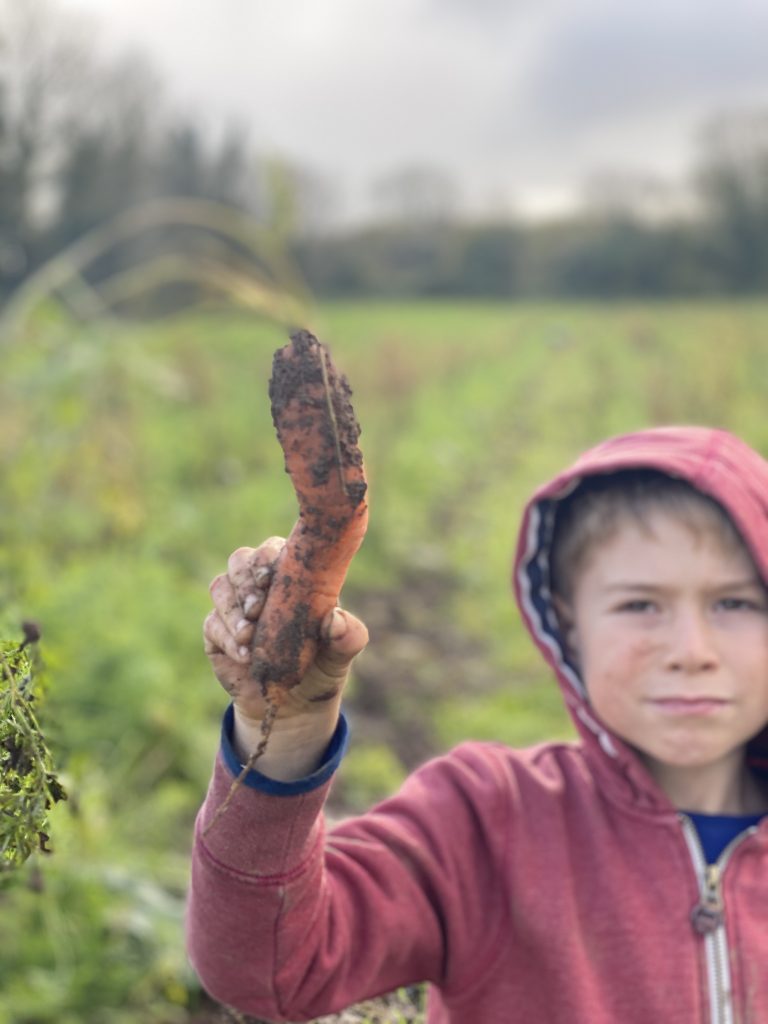
During the week I had the privilege of speaking at a food waste event organised by Concern Ireland.
As children my mum instilled in us an ethos of never wasting food (or anything else for that matter), we were rightly or wrongly always encouraged to finish our dinner.
To this day she finds it very difficult to stay away from our “waste shelf” in the packing shed. This shelf is where all the worthwhile graded out produce is made available to the packing team to take home.
Up until recently and for many, many years, my mum could be found in there sifting through all the waste produce and salvaging anything that was good enough, then filling her car boot and bringing it all over Galway to people who needed it.
Like my dad’s work ethic, my mum’s need to save the food must have been programmed in her genes! Their generation was not one that could afford to waste food. Food took up a more sizeable percentage of their disposable income and so had a higher value. In our society today the idea that food is valuable has changed, and unfortunately not for the better.
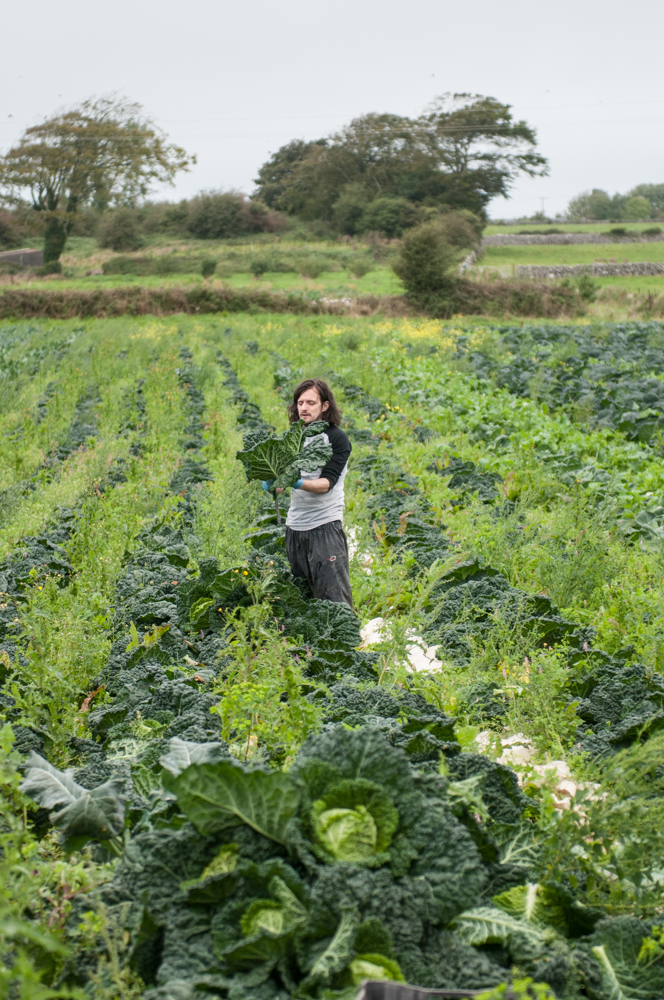
Food waste is a major global issue. If it was a country, it would be the third biggest contributor to greenhouse gas emissions! Food produced on nearly one third of all agricultural land is thrown straight in the bin!
Here in Ireland, we dump 50% of all the salads we buy and an amazing 25% of all fresh fruit and veg!
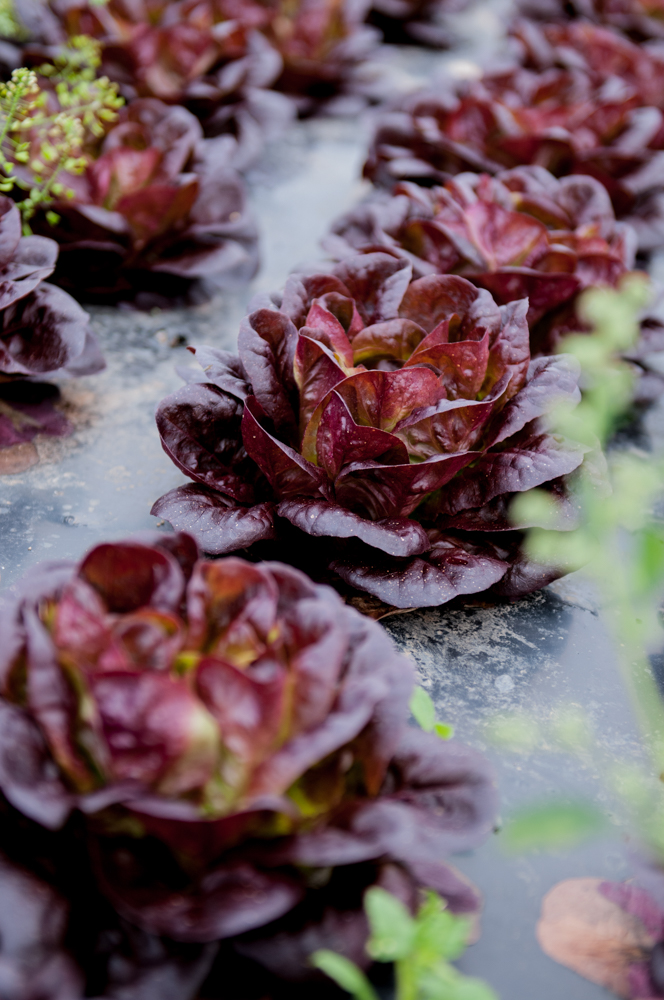
1.3 billion tonnes of food are wasted every year! This is an unimaginable amount, here in Ireland the figure is nearly 1 million tonnes, which contributes 3.6 million tonnes of CO2 to the atmosphere.
These figures are staggering and bewildering but unfortunately not at all surprising. The cheap food culture engineered over the last five decades and evangelised by supermarkets has meant that we do not as consumers see value in fresh food. We expect it to be cheap.
We expect it also to be shiny and picture perfect and uniform. Supermarkets actively discriminate against oddly shaped produce, or vegetables that are under or over spec. Our cabbage, the cabbage that you are getting in your boxes this week in a supermarket system would be graded out because they are too big!
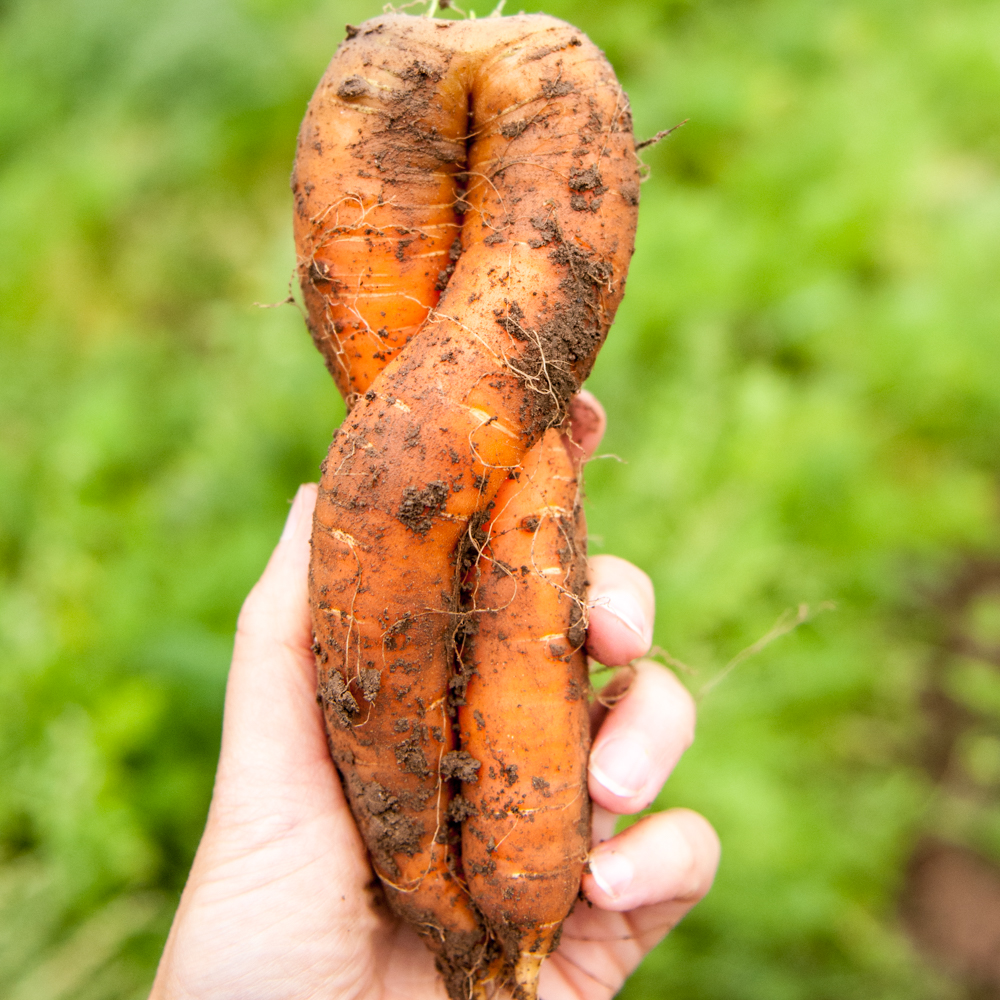
When I think of the land, and the planning and the work and the energy that is involved in bringing a crop to harvest it makes me feel angry and sad that somebody somewhere might consider that because of what a crop looks like it should be wasted. This is a system that has lost its way.
Our food system is meandering dangerously close to it’s own undoing and as we stare into an uncertain future where climate change is playing a larger and larger part in our ability to grow food, eliminating food waste needs to be a priority.
My mum’s relentless energy in making sure we as a business kept food waste to a minimum was one small part in a much bigger chain, but she played and continues to play an important part in at least keeping me on the straight and narrow and she never lets me forget that food is just too valuable to waste.
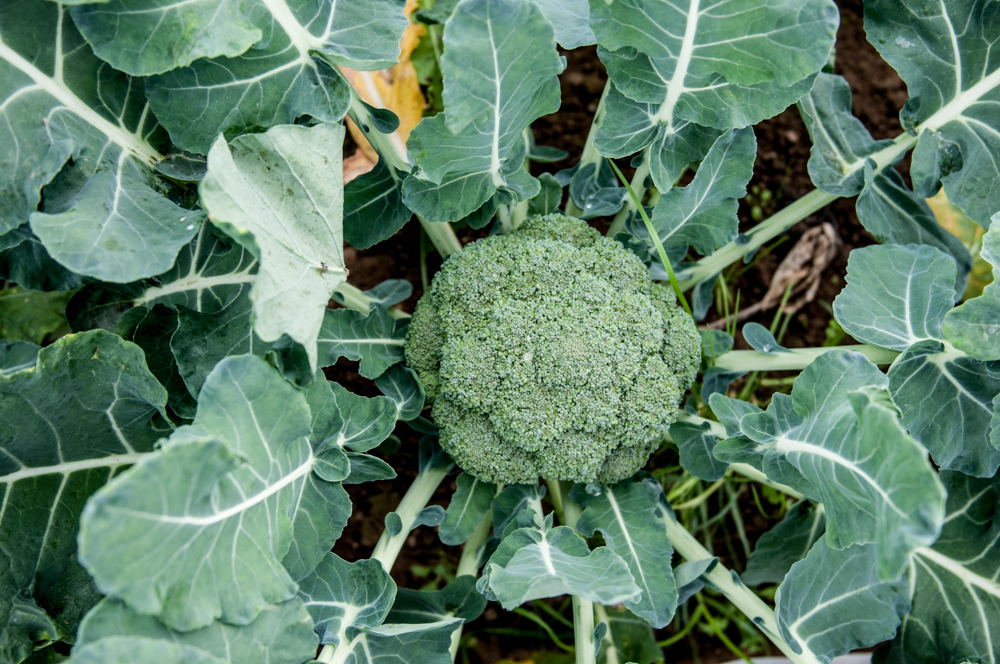
Needless to say, and as always (and I never get tired of saying it) your support for our business means that the issue of food waste will always be at the top of our agenda.
Thanks
Kenneth
